From the Consultant’s Corner 5/19/15
Patient Access and Physician Compensation: Why Marrying These Two Concepts is Critical to Success
At first glance, there might seem to be little correlation between patient access and physician compensation. Access models have always affected a patient’s ability to receive appropriate healthcare in a timely manner, yet providers seldom have any vested interest in actually fostering access to their services.
Healthcare organizations can overcome that challenge by aligning access goals with physician compensation. In turn, they stand to realize greater patient satisfaction and loyalty, improved care quality, and overall increased provider and staff productivity and utilization.
Access Matters
Access to care is a primary requisite for managing a patient’s overall health throughout the care continuum. After all, patients who cannot get timely access to the appropriate care are likely to look for it elsewhere — thus preventing a health facility from being able to effectively manage the patient’s outcomes and care costs.
Unfortunately, barriers exist in many healthcare organizations that prevent unfettered patient access. For example, primary care providers who migrate from private practice to hospital employment frequently have difficulty referring patients to specialists — particularly newly employed ones — within the system. This issue is especially problematic in organizations such as academic medical centers, where specialists must balance time between patient care, teaching, and research. Specialist scheduling templates often fail to accommodate an appropriate mix of patient volume by visit type and payer.
Unfortunately, we have identified far too many schedule templates that were not set up to treat enough patients to cover base salary productivity expectations. The health system therefore loses money on both the employed primary care providers and the specialists — not to mention the negative impact on patient satisfaction.
Patients caught in situations such as these may either leave or be referred outside the health system. The factors behind leakage not only frustrate patients, but also thwart the health system’s goals to acquire and retain new patients. Likewise, leakage hampers a healthcare organization’s ability to manage patient care in terms of quality and cost containment.
To address this problem, organizations must consider patient access as part of provider compensation. For instance, employed physician compensation plans should include baseline targets for new patient visits, as well as overall physician productivity expectations. Moreover, clinical integration models including full employment or clinical alignment programs should contain a financial model for monitoring the downstream revenue captured by the hospital or specialty areas.
Steps Toward Better Compensation Alignment
Adjusting an organization’s compensation strategy to re-enforce patient access goals requires a concerted approach. Here are a few strategies for practices and hospitals to keep in mind:
· Review the current plan. Look first at physician compensation from a historical perspective. Then, determine to what degree the current plan reflects productivity and performance objectives. As part of this process, review industry and regional benchmarks by practice specialty as a guide to reasonable productivity and compensation levels. Planning carefully and making small changes over time can help ensure the effective alignment of compensation with long-term goals.
· Examine scheduling. Make sure schedules are set up to support patient volume by specialty and visit type. For example, the number of patients a cardio-thoracic surgeon is expected to see should be very different from that of a primary care physician. As a result, it is necessary to consolidate and standardize visit types and duration within various specialties. For example, one practitioner should not be allowed to spend an average of an hour with each patient if other practitioners in the same specialty spend an average of 15 minutes.
In addition, to achieve organizational growth objectives, compensation plans should encourage providers to see some combination of new and existing patients. New patients represent incremental revenue not just to the practice, but to the entire health system. Remember that in order to access downstream revenue from employed physician models, new patients must be able to see the employed primary care physicians and specialists, plus have access to the full range of health system services.
· Regularly review the plan. An organization should establish a periodic review process to ensure that the plan is working and that it incentivizes the intended behaviors—all while mitigating any unintended consequences. Equally important is a degree of on-going physician dialog and engagement around the plan. Organizations should provide a forum that allows providers to ask questions and voice concerns. This type of communication platform allows leadership to resolve issues before they become larger problems.
Achieving synergy between patient access and physician compensation should be an ongoing exercise. Although it may seem like a daunting task, healthcare organizations do not have to go it alone. By consulting with peers and outside experts, practices, hospitals and health systems can design compensation plans that successfully align with their overall patient access and performance goals.

Brad Boyd is vice president of sales and marketing for Culbert Healthcare Solutions.
Contacts
Jennifer, Mr. H, Lorre, Dr. Jayne, Dr. Gregg, Lt. Dan
More news: HIStalk, HIStalk Connect.
Get HIStalk Practice updates.
Contact us online.
Become a sponsor.


























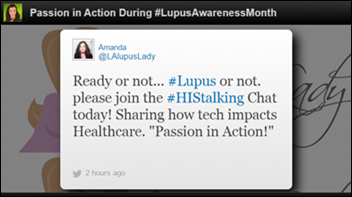


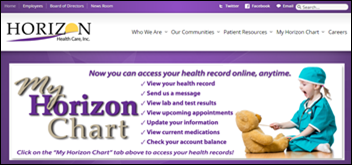
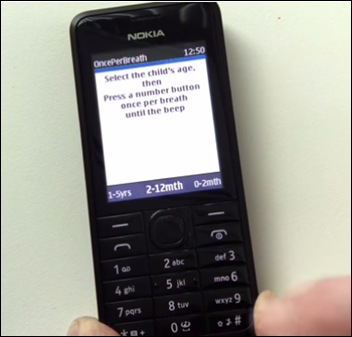
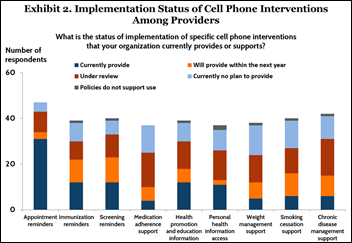
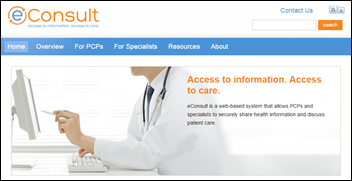
The article about Pediatric Associates in CA has a nugget with a potentially outsized impact: the implication that VFC vaccines…